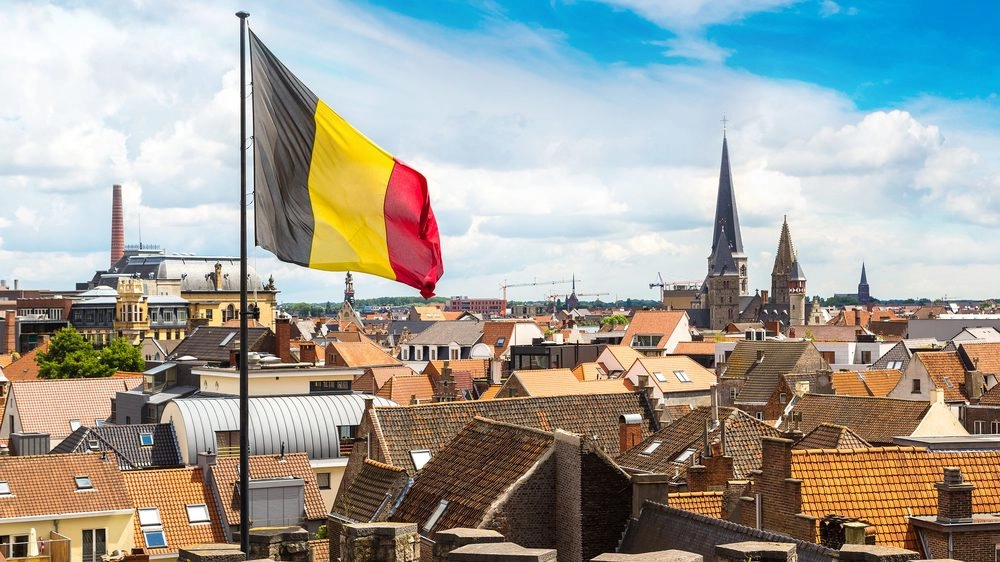Belgium bans virtual bets under F1+ license
On October 7, 2024, the Council of State gave a blow to an important case: gambling companies with an F1+ license are no longer allowed to offer virtual bets in Belgium.
These are bets where you do not bet on real sports matches, but on digital, fictitious sports. You know, like fictional football matches or horse races where the outcome has already been determined by a computer algorithm.
Why is this a problem for gambling companies?
In Belgium, a bet may only revolve around a real, uncertain event. This means that something has to happen in the real world, such as a football match with an unknown outcome.
Virtual bets do not fit in with that, because they are completely scripted by a computer. The Council of State already said this in 2019, but now they have made it extra clear: virtual bets are not legal.
The Gaming Commission keeps an eye on things
The Belgian Gaming Commission is the watchdog that ensures that all gambling companies comply with the rules. They have now said that they will be checking extra closely whether gambling sites with an F1+ license comply with this ban. No more virtual bets in Belgium, even if gambling companies want them to. This means that Belgian gambling sites must adjust their offering and say goodbye to this popular form of betting.
Incidentally, the situation is different in the Netherlands. There, gambling sites are allowed to offer Virtual Sports. A company like Betnation, for example, opened an entire section with virtual football and car races this month. That is completely legal there and is even promoted as a fun new way of betting.
What exactly is an F1+ license?
In Belgium, an F1+ license means that a gambling company has permission to offer online sports betting. This license is required to make betting via websites or apps legal. It is actually the digital version of the F1 license, which gambling companies need in order to be allowed to operate in physical betting offices.
The Belgian government wants to keep a tight rein on the gambling market and
ensure that players are protected. That is why there are strict rules, such as this ban on virtual bets. Companies that want to remain active in Belgium will have to adhere to these rules.
What does this mean for gamblers?
For Belgian gamblers, this means that they can no longer place bets on virtual sporting events. That will be a disappointment for some, because these types of bets are quite popular in other countries. But here in Belgium, the government sticks to the rule that only real events count. So if you want to take a gamble, it will have to be on a real match.


